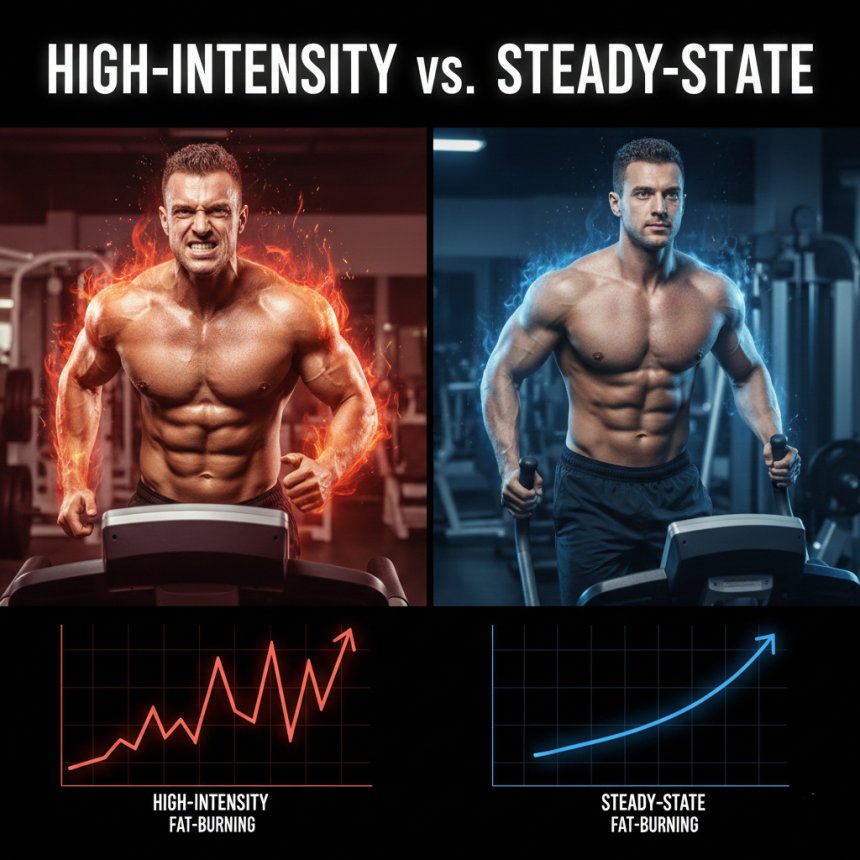The Truth About Testosterone and Muscle Growth: Myths vs. Facts
Discover the real relationship between testosterone and muscle growth. This in-depth guide debunks common myths, reveals scientific facts, and explains how testosterone truly impacts strength, recovery, and hypertrophy—without promoting supplements or shortcuts.

Testosterone is often hailed as the "king of muscle-building hormones," but how much of its reputation is based on facts—and how much is pure myth?
From gym bro science to supplement marketing hype, testosterone’s role in muscle growth is frequently misunderstood. Some believe that simply boosting testosterone will turn them into a shredded bodybuilder overnight, while others underestimate its real impact on strength and recovery.
In this deep dive, we’ll separate fact from fiction, exploring:
- What testosterone actually does for muscle growth
- Common myths (and why they’re wrong)
- How training, diet, and lifestyle affect testosterone naturally
- Why some people build muscle faster—even with similar T levels
Let’s get to the truth.
Myth #1: "More Testosterone = More Muscle, Automatically"
The Fact:
While testosterone does play a crucial role in muscle protein synthesis, it’s not a magic bullet. Studies show that:
- Testosterone enhances muscle growth by increasing nitrogen retention and activating satellite cells.
- However, muscle growth still requires progressive overload, proper nutrition, and recovery.
- Men with normal testosterone levels can build muscle just as effectively as those with slightly higher levels if training and diet are optimized.
Key Takeaway: Testosterone supports muscle growth, but it doesn’t replace hard work.
Myth #2: "Only Steroid-Level Testosterone Boosts Muscle Mass"
The Fact:
- Natural testosterone ranges (300–1,000 ng/dL) are sufficient for muscle growth.
- Extremely high testosterone (like steroid use) does accelerate hypertrophy but comes with severe health risks.
- Research shows that natural lifters can achieve impressive physiques without supraphysiological T levels.
Key Takeaway: You don’t need unnaturally high testosterone to build muscle—consistency matters more.
Myth #3: "Low Testosterone Means You Can’t Build Muscle"
The Fact:
- Even men with below-average testosterone can gain muscle with proper training and nutrition.
- Resistance training itself can increase testosterone temporarily.
- Other hormones (like IGF-1 and growth hormone) also play major roles.
Key Takeaway: Low T may slow progress, but it doesn’t make muscle growth impossible.
Myth #4: "Supplements Can Skyrocket Testosterone for Huge Gains"
The Fact:
- Most "testosterone boosters" have minimal impact on muscle growth.
- Only clinically low T levels may benefit from medical interventions (not OTC pills).
- Sleep, stress management, and heavy lifting influence testosterone more than supplements.
Key Takeaway: Focus on lifestyle, not pills, for natural T optimization.
The Real Science: How Testosterone Actually Builds Muscle
1. Increases Protein Synthesis – Helps muscles repair and grow after training.
2. Enhances Recovery – Reduces muscle damage and soreness.
3. Boosts Strength – Improves neural efficiency for heavier lifts.
4. Supports Fat Loss – Higher T levels correlate with lower body fat, revealing more muscle.
How to Naturally Optimize Testosterone for Muscle Growth
1. Lift Heavy Weights – Compound movements (squats, deadlifts) trigger T release.
2. Eat Enough Healthy Fats – Cholesterol is a precursor to testosterone.
3. Sleep 7–9 Hours – Poor sleep crashes testosterone.
4. Manage Stress – High cortisol lowers T.
5. Avoid Excessive Cardio – Overtraining can suppress hormones.
Final Verdict
Testosterone is important—but it’s just one piece of the muscle-growth puzzle. Training, nutrition, and recovery matter more for natural lifters.
Stop obsessing over T levels and start focusing on what really builds muscle: progressive overload, protein intake, and patience.
Share
What's Your Reaction?
 Like
0
Like
0
 Dislike
0
Dislike
0
 Love
0
Love
0
 Funny
0
Funny
0
 Angry
0
Angry
0
 Sad
0
Sad
0
 Wow
0
Wow
0


















